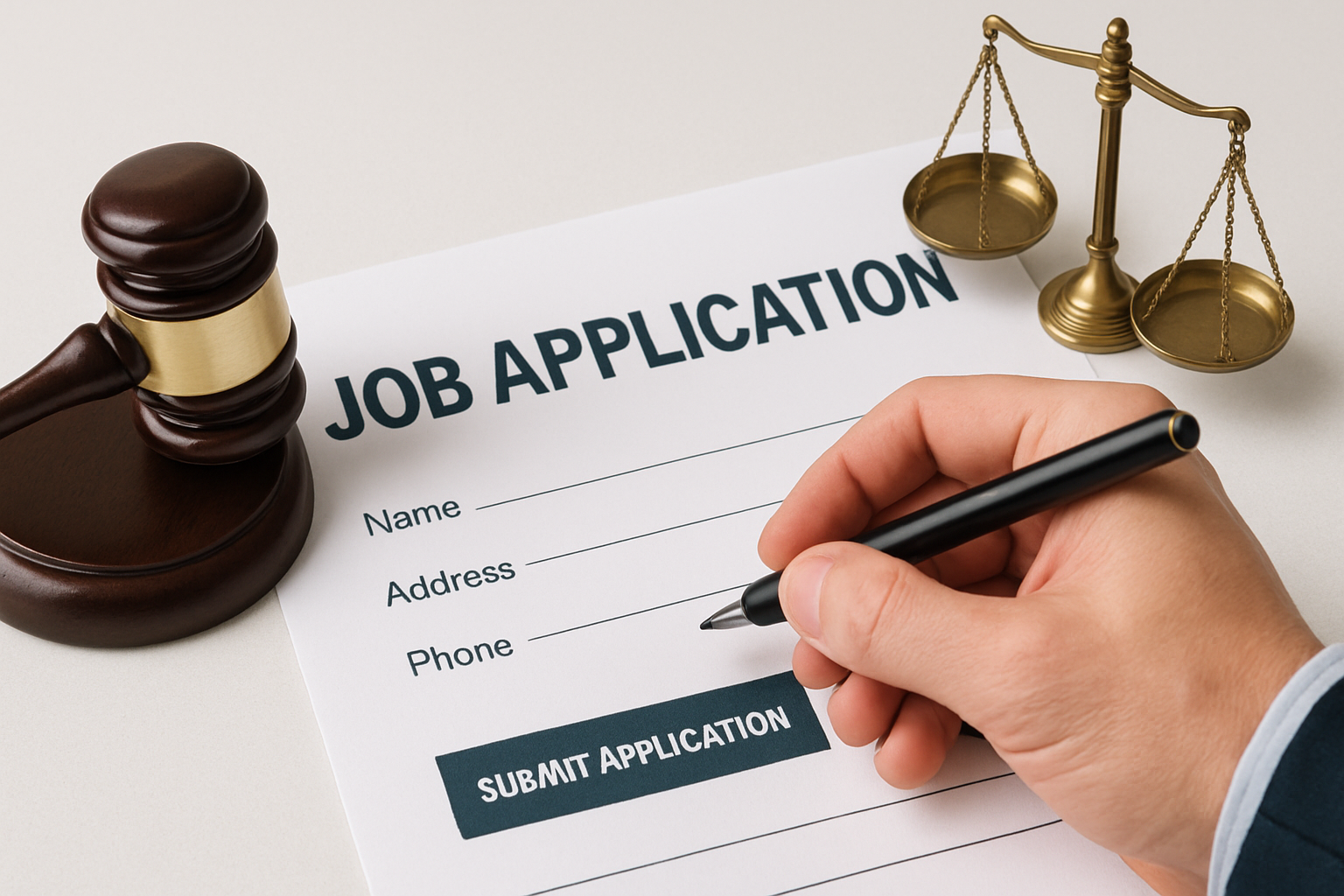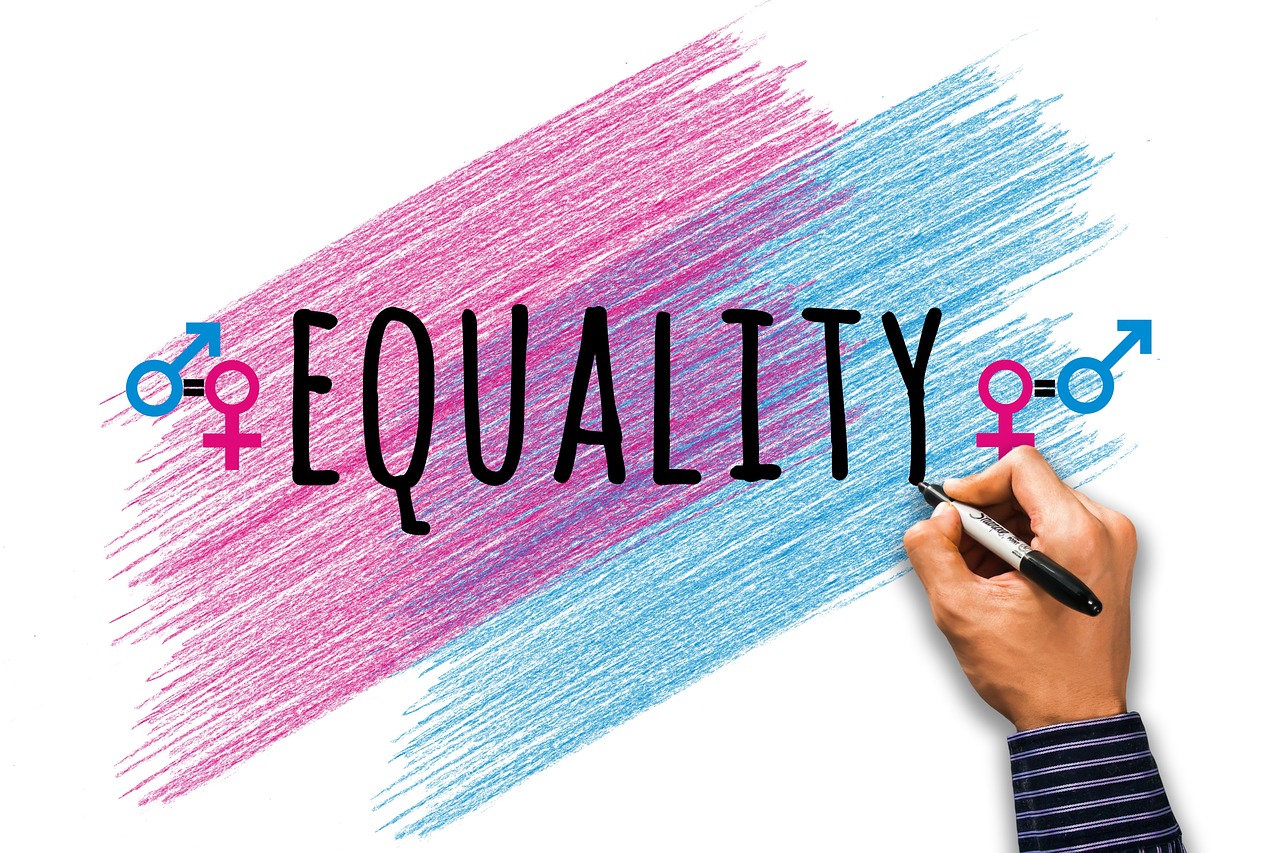Religious discrimination – landmark decision
A Christian woman has won her religious discrimination case in relation to her wearing a cross at work. In the case of Eweida & Others v UK the European Court of Human Rights held that Ms Eweida’s employer, British Airways, breached her human rights under Article 9 of the European Convention on Human Rights. Article 9 provides that there is a right to freedom of thought, conscience and religion, but a qualified right to manifest one’s religious beliefs.
Ms Eweida, employed as a member of check-in staff, had worn her gold cross at work visibly. BA had refused to allow her to remain in her post whilst wearing the cross and Ms Eweida was given a non-uniformed administrative role. In 2007 BA then changed the uniform policy to allow employees to wear symbols of faith. There was no evidence that other employees wearing authorised religious clothing such as turbans and hijabs had any negative impact on BA’s image. It had also subsequently allowed visible religious jewellery to be worn and so this demonstrated that the previous ban was not crucially important. The Court said that BA had not struck a fair balance between Ms Eweida’s religious beliefs and the company projecting a corporate image. It had given too much weight to its uniform policy. Ms Eweida’s claim had failed in the Employment tribunal, the EAT and the Court of Appeal.
The case had been brought against the UK Government as it was argued that it had failed to protect the workers’ rights at work. The Court held that the Government had failed to ensure Ms Eweida’s rights under Article 9. The Government was ordered to pay her £1000 in damages and £25,000 in costs.
The three others were unsuccessful in their cases although they are planning to appeal.
Gary McFarlane, a marriage counsellor, and registrar, Lillian Ladele, had argued that their religious views meant they could not deal with same sex couples. Mr McFarlane lost his job with Relate as he said that he could not provide sex therapy to same-sex couples. Ms Ladele was disciplined by Islington Council as she refused to carry out same-sex civil partnerships. Shirley Chaplin was employed as a nurse by the NHS. She was banned from wearing a cross at work on health and safety grounds. The Court stated that the protection of the health and safety of the hospital outweighed her right to manifest her religion by wearing a cross.
Christian organisations have argued that the ruling has created a hierarchy of rights whereas equality experts have stated that it is a victory for common sense. The Equality and Human Rights commission has said that the Government should possibly look at changing the law to take the judgment into account.
This case confirms that indirect discrimination remains specific to each case although employers will be required to accommodate reasonable requests with regards to uniforms.
For further information, please contact our employment law solicitors on 020 3950 5234 or email info@rllaw.co.uk. Our specialist employment lawyers have extensive experience of discrimination law claims.



